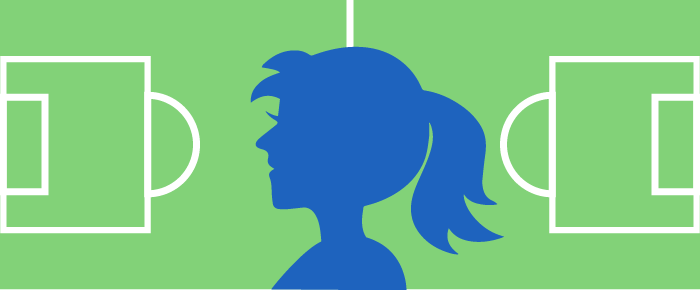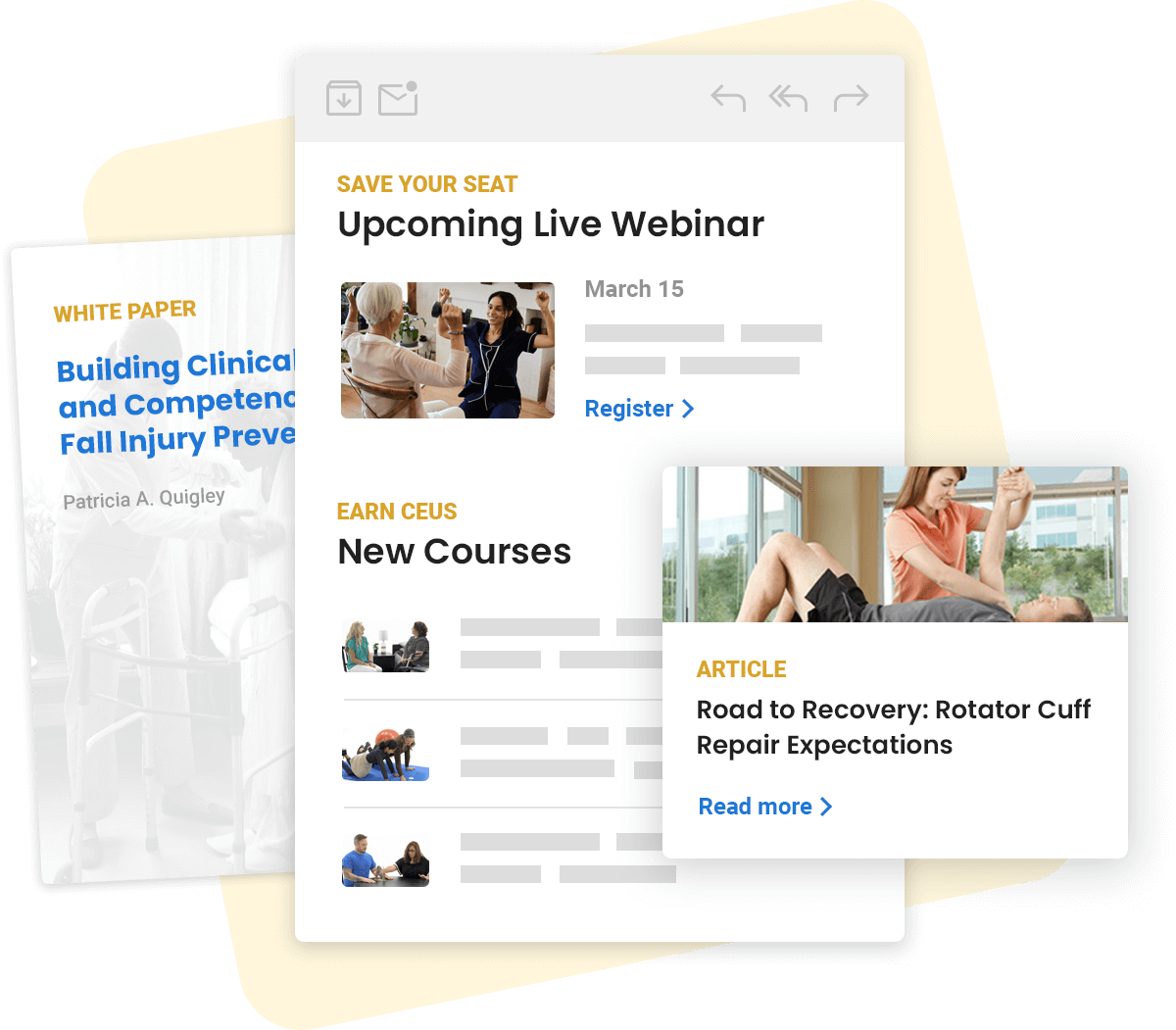Concussion: Return to Play Protocol

Sarah is scheduled to play in an out-of-state soccer tournament this weekend in front of college coaches with a chance to earn a scholarship on the line. Unfortunately, she was injured about 9 days ago.
The Injury
Last week, Sarah was in the box trying to play a ball when she fell to the ground, striking the back of her head on the turf. Immediately, she had typical concussion symptoms: headache, nausea, dizziness, and light sensitivity. The next day’s evaluation revealed notable amnesia of the game’s events and the hours after. Diagnosed with a mild traumatic brain injury, she was educated about the protocol and expectations regarding her resolution and expected return to play. But on game day, Sarah’s memory seems to be failing her again, this time regarding the steps she must complete before returning to play. She feels ready (and eager) to play, insisting that she be cleared to participate.
Education Saves the Day
Fortunately, on the first visit in clinic, Sarah was educated on the requirements that must be met before returning to sport.
- She should feel completely normal, not pretty good or just ok.
- Neurological examination should yield normal results including balance, return of normal memory, and vestibular ocular movements and control.
- Neurocognitive testing should return to baseline.
- Sarah should have experienced multiple days of progressive exertion with no return of symptoms.
Thanks to Sarah’s initial education on return to sport protocol, today’s discussion is simply a review of what steps must be completed – not their introduction. She is better able to appreciate their importance and the debate is quickly diffused.
Return to Play Protocol
Concussions and their management have become one of the most important sports-related topics of the decade. Research is still ongoing regarding the injury itself and its management, return to the classroom, and return to play. Currently, progressive exertion appears to be an important step in the return to play protocol and must be done objectively with no shortcuts to ensure a safe return to sport decision. Education of athletes regarding their injuries is crucial in concussion management.









